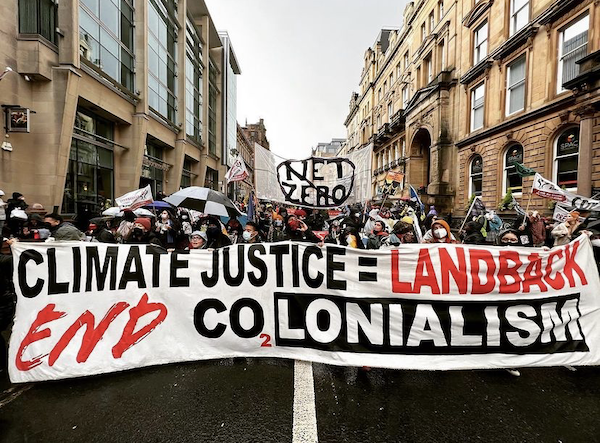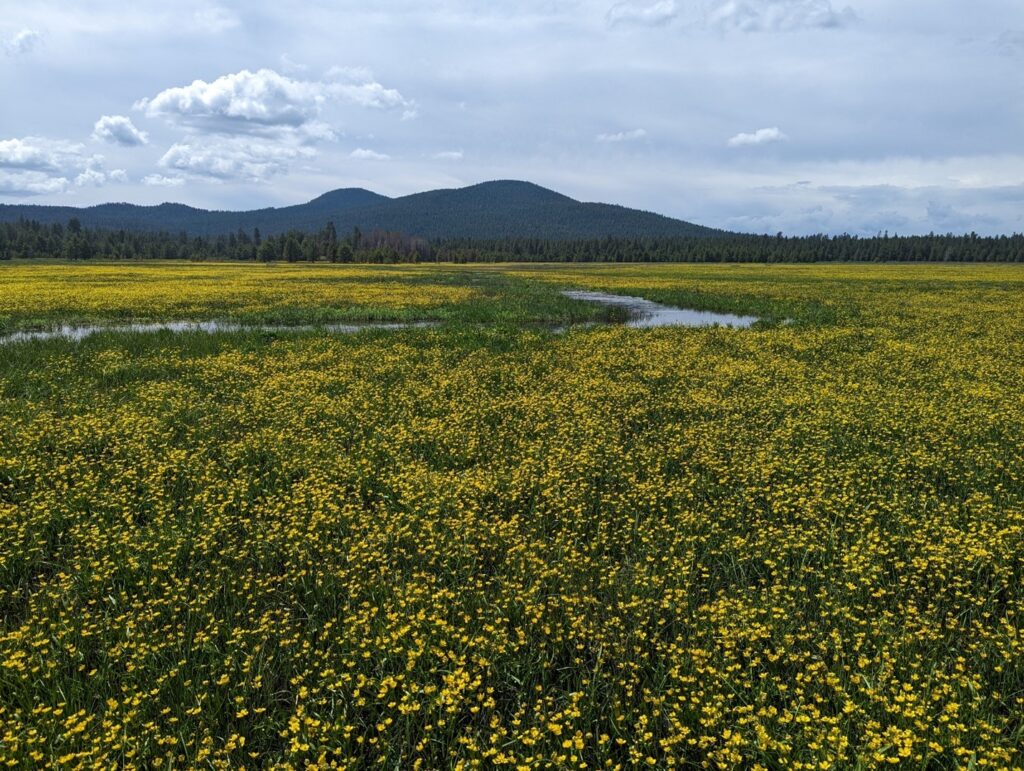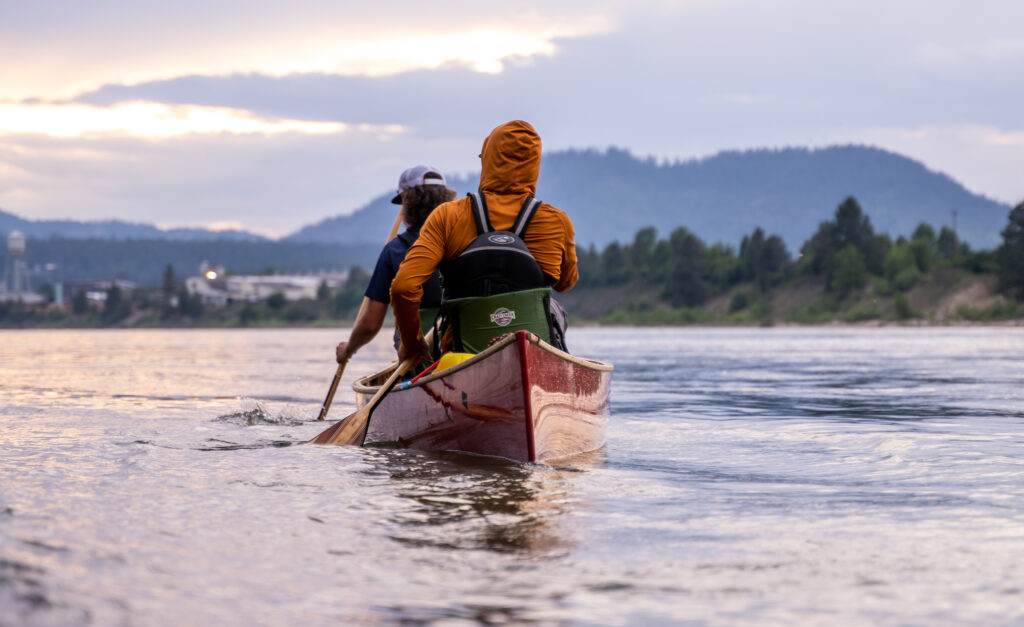Youth leadership for rivers and climate action
The role of rivers throughout the world is crucial to life and livelihood. One member of The Earth Guardians traveled to Glasgow for COP26 and shares her experience.

Rachel Spector is Youth Council Director for Earth Guardians. She traveled to Glasgow for COP26. In this guest blog, she shares her experience and highlights the importance of protecting rivers in climate action.
My name is Rachel Spector and I am the Youth Council Director for Earth Guardians. Our organization works to train and empower youth to be impactful leaders at the intersection of climate and social justice. Over the past two weeks six of our youth staff members, including myself attended COP26 to share our frontline experiences and build relationships with others who face worsening challenges in their communities from the climate crisis.

The role of rivers throughout the world is crucial to life and livelihood. Indigenous knowledge teaches that water is a relative and that its life force is intrinsically tied to ours. We rely on clean water to sustain our bodies, nourish our crops, and fuel our economy. When waters are poisoned by toxic tar sands pipelines, upstream methane leakages from fracking, the open burning of military ammunition waste, and other consequences of extractive and exploitative practices, not only is carbon released into the atmosphere but the entire biosphere and human experience is impacted.

At COP, world leaders are fixated on the idea that “net zero” solutions are the answer to climate catastrophe. That as long as we capture enough carbon and offset current emission levels, we can continue burning fossil fuels business as usual. This, however, fails to take the human and ecological cost of extraction into account. For example, the Mountain Valley Pipeline crosses water bodies over 200 times, devastating the ecosystem, endangering species like the hellbender Salamander and Roanoke Log Perch, and endangering the health of those who rely on the New River Watershed for drinking. The Enbridge Line 3 tar sands pipeline poses just as dire of a situation in the Missouri River watershed, where Anishinaabe communities rely on clean water to grow wild rice which is a centerpiece of their culture and economy.

Our climate activism must be intersectional and exist not only with the goal of reducing atmospheric carbon concentrations but to bring justice to communities who are most impacted by the system’s extractive and exploitative nature. World leaders and multi-national corporations must commit to zero-emission, as opposed to net-zero emission goals if we are to bring about the regenerative, intersectional, and just solutions needed to ensure the health and well-being of humanity.



